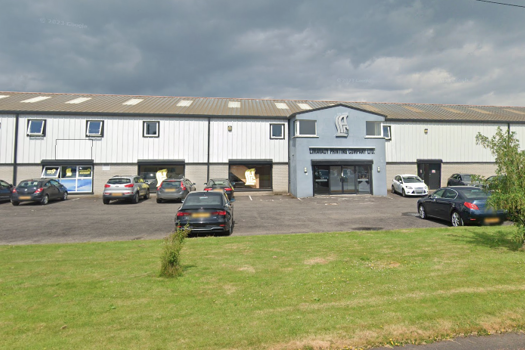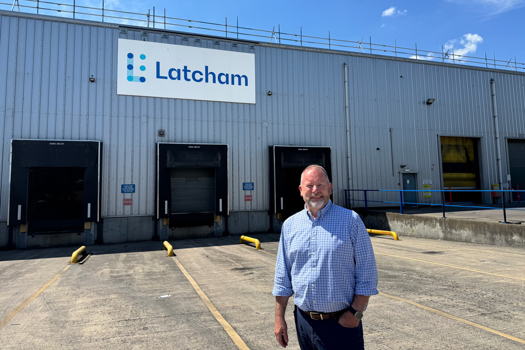The company has created a new subsidiary, Paperhat FTP, following the deals with high-end production studio FTP Digital and boutique creative agency Reputation by Design.
According to Paperhat, the new company will offer existing and new clients a single source for creative production, such as retouching, digital image manipulation, CGI, design and photography.
"This is a very exciting development for Paperhat Group and supports our growth and diversification strategy into cutting-edge marketing channels," said Paperhat Group chief executive Tim Peppiatt.
"The acquisition of majority stakes in FTP Digital and Reputation by Design means we can now offer clients high quality creative production alongside our traditional services."
These latest deals are part of the company’s strategy to create a cross-media operation that spans the full requirements of its blue-chip chip client base and follows its recent acquisition of cross-media marketing specialist Consorcio Group, which was rebranded Paperhat Consorcio.
The group, which formed a joint venture partnership with production network company Gutenberg Networks, a subsidiary of Omnicom Group, in 2010, unveiled its ‘buy and build’ plan early last year, following the appointment of former Office2office chief executive Ray Peck as Chairman.
Paperhat FTP will be headed by Steve palmer, managing director of Reputation by design, Steve Davis and Rick Carter, both directors of FTP Digital and Paperhat Group managing director Tony Rapacioli.
"The marketing landscape is constantly evolving and our clients’ needs are changing with it. We are expanding our service offerings in response to increasing demand for a single source, holistic solution for spend management, marketing and creative services," said Rapacioli.
"Some companies are trying to grow their expertise in these areas organically, but this can take several years and companies employing this strategy risk falling behind the curve in industry innovations."
For more on this story, see next week's PrintWeek









